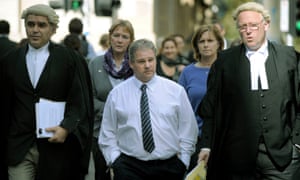 |
| The Iraqi flag circa 1950 |
Diplomats, ambassadors, presidents, archaeologists, spies, counter-spies, saboteurs, clerks and secretaries, tourists, and a somewhat dipsy, adventuresome, and almost mythomaniacal Victoria Jones--they all came to Baghdad around 1950--and Agatha Christie put them all in her almost farcical thriller novel, They Came to Baghdad, published in 1951.
This is neither your typical whodunit, nor a typical Agatha Christie whodunit, nor a spy suspense novel such as John LeCarré writes. It is somewhere in between all of these with the added Christie touch. By no means is it her best-written novel (her best ones are found in her earlier mysteries), but it is something with enough fascination and twists to make it a very readable page-turner.
Victoria Jones, the main character, wheedles her way to Baghdad and winds up being involved in a whirlpool of intrigue and counter-intrigue and false identities. Why everyone comes to Baghdad is not clear (at least I didn't pick it up), but it has something to do with an international plot and all these important diplomats, ambassadors, and presidents are meeting to try to defuse the situation.
The backdrop to all this is Baghdad in the early 50s when the city (and the country) was more of an idyllic place than it is now after the "shock and awe" and its seemingly never ending consequences.
Christie minimally, but deftly, interweaves the Iraqi background with the suspense of the story. Her descriptions are not finely detailed but still provide some interesting color: "She wandered at random through the souk, passed out of the Copper Bazaar, came to the gay striped horse blankets, and the cotton quilted bedcovers. Here European merchandise took on a totally different guise; in the arched cool darkness it had the exotic quality of something strange and rare. Bales of cheap printed cottons in gay colours made a feast for the eyes."
Not the most generous of details (and a touch clichèd), but enough to highlight some of the atmosphere that she must have encountered during her time in the Middle East. A much more elaborate description of the city and the country can be found in her autobiography (a review of which will appear in some future post).
And in amongst all this, Christie, in the guise of one of her characters, an archaeologist named Dr. Rathbone, adds: "There must be an end of all the savagery in the world, the wars, the misunderstandings, the suspicions." Sadly, more than 60 years later, there has not been an end.
Be forewarned: in the first three chapters most of the main characters appear doing various things in different countries and it is not too difficult to get lost among all the names and locations. But, stick with it and, being the good writer she is, Christie will tie everything together like a carefully packaged Christmas gift.







